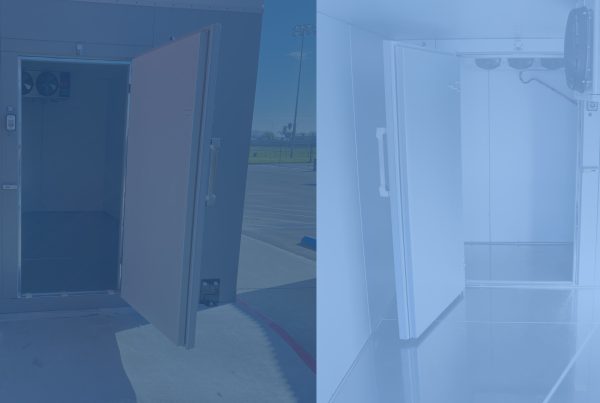A growing number of food-borne illness outbreaks in recent years have scared consumers about everything from salad greens to peanut butter to eggs and spurred lawmakers into action — eventually. The Senate finally took the issue off the back burner this week, voting to approve a version of a bill passed by the House last year that’s designed to head off outbreaks rather than merely deal with them after the fact.
Food safety is uppermost in the minds of restaurant operators, whose reputations can suffer lasting damage when salmonella and E. coli outbreaks are tied to tainted ingredients they’ve served. The bill would finally give the FDA the power to order food product recalls when contamination is suspected, and would increase the agency’s authority to conduct multiple inspections of processing facilities where conditions might be ripe for food contamination.
Industry experts agree the bill is a good start, but there are some issues it doesn’t address. There are no provisions for consolidating that overlap with the Department of Agriculture, which regulates meat and poultry producers, and several other federal agencies involved in food safety, The New York Times and other news outlets report. The Senate version of the bill also includes an exemption for small producers who sell most of their food to local stores and restaurants, an amendment that resulted from opposition by small farmers who worried that new reporting requirements would impose undue burdens on their operations and argued that large agribusiness facilities have been much more likely to sell food that causes big national outbreaks such as the salmonella scare that sickened more than 2,000 U.S. consumers and resulted in the recall of more than half a billion eggs from two Iowa facilities during the summer.
And, while the bill is a good start, it also can’t address the shifting food-production patterns toward large agribusiness models that make sense financially and keep food affordable but which many say provide an ideal breeding ground for outbreaks, Time and CNN report.
For the new legislation to be effective, lawmakers also need to figure out where the additional $1.4 billion will come from to fund new programs and hire additional inspectors during the next five years, at a time when lawmakers are scrambling to cut spending deficits.
An unforeseen glitch
As the clock winds down quickly on the current lame-duck session of Congress, a procedural technicality could kill the bill, The Wall Street Journal reports. The House was expected to approve the amended Senate version of the bill in the interest of time, but the bill allows the government to collect fees — read “taxes” — and House rules require any new taxes to originate in the House version of any new legislation. That means the bill may have to be wrapped in a separate House bill and sent back to the Senate for another vote before the brief session ends and a new Congress is sworn in next month.
The original article can be found on Smartblogs



